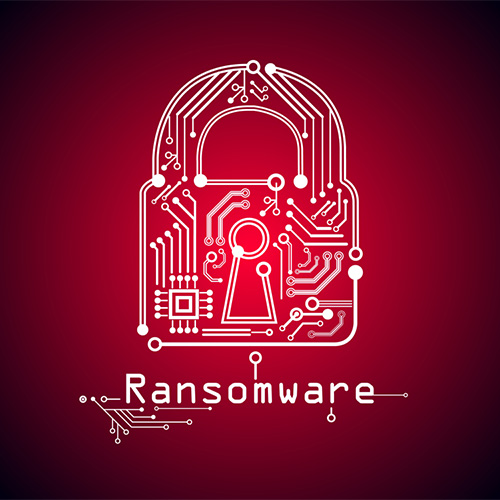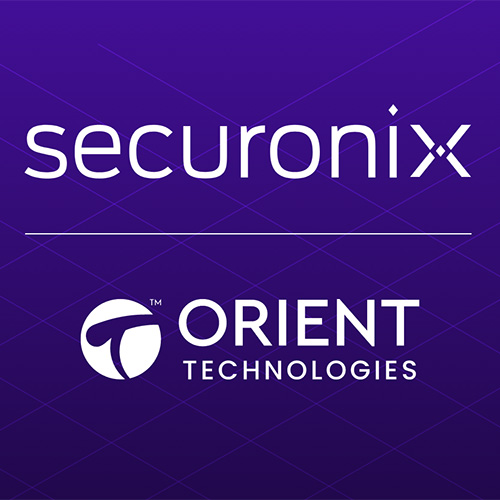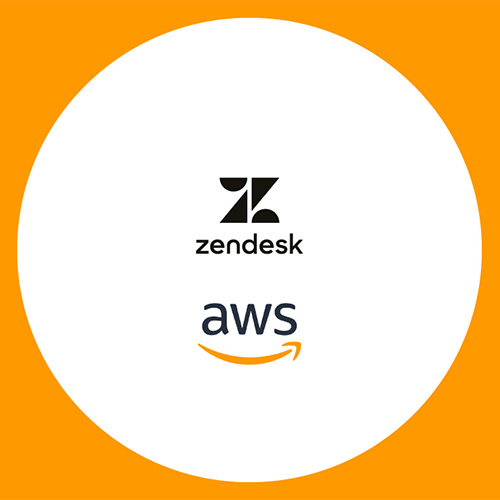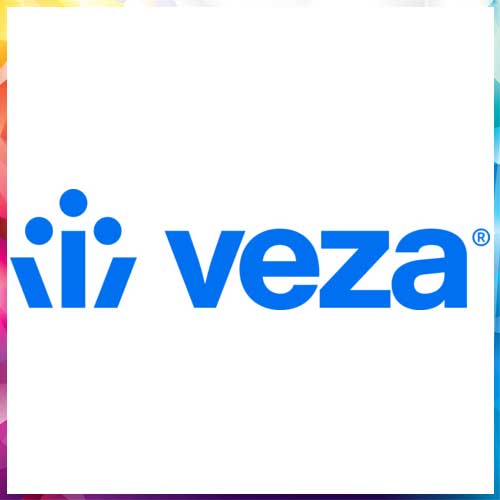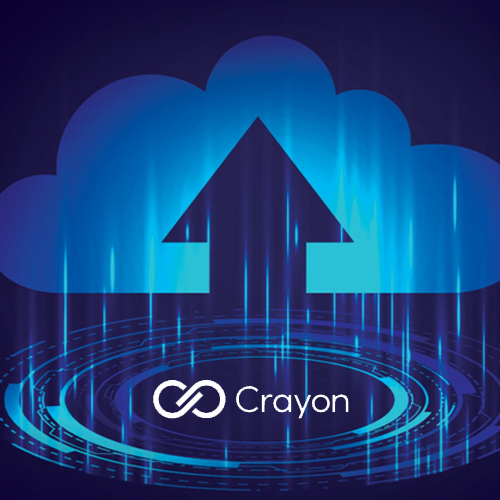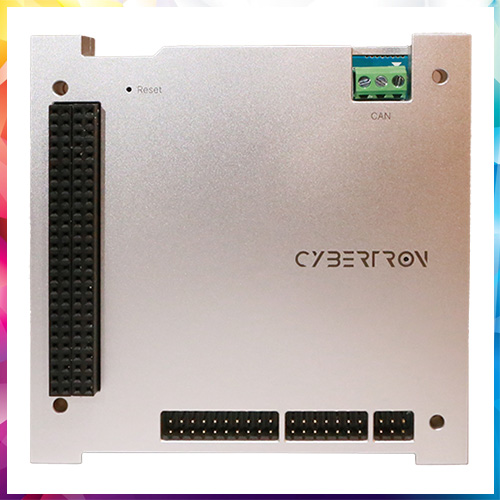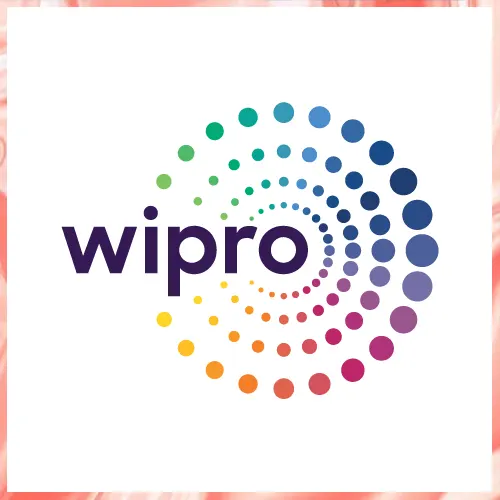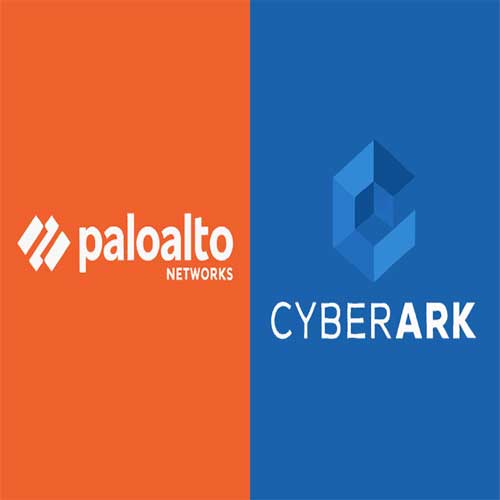
Palo Alto Networks’ $25 billion acquisition of CyberArk underscores a major shift: identity is the new security perimeter. Most cyberattacks today originate from stolen or misused credentials, and identity-related breaches now dominate incident response cases. Protecting both human and machine identities has become central to enterprise defense.
The challenge is compounded by the explosion of non-human identities. In modern cloud-native environments, machine accounts, APIs, and microservices vastly outnumber human users. These entities often carry unmanaged secrets and permissions, making them prime targets for attackers—and increasingly for AI-driven threats.
As agentic AI workflows emerge, the demand for real-time permissioning grows. AI agents act on behalf of users, triggering high-risk actions such as privileged access or secret retrieval. CyberArk’s core strength lies in privileged access management (PAM) and dynamic governance, making it a strategic fit for Palo Alto’s expansion.
Palo Alto Networks’ acquisition of CyberArk reflects the rising urgency of identity as the new cyber frontier. CEO Nikesh Arora said the surge in agentic AI and credential-based ransomware has made identity security the most critical battleground. CyberArk, with its leadership in privileged access management, provides Palo Alto the scale and maturity to address this gap.
Arora likened traditional IAM to a badge that grants entry without oversight, while modern security must ensure continuous, real-time privilege enforcement across humans, machines, and AI agents. Today, 88% of ransomware attacks involve credential theft, underscoring the need for identity-first defenses. He emphasized expanding privileged access from a few administrators to potentially millions of users, as technology now makes broad coverage affordable.
CyberArk CEO Matt Cohen highlighted that the partnership will accelerate innovation and expand privileged access across entire enterprises, not just small user groups. The integration will preserve CyberArk’s autonomy while gradually embedding into Palo Alto’s sales and product ecosystem. Arora sees this move as a natural next step, making identity security Palo Alto’s fourth platform pillar alongside network, cloud, and security operations.
This deal also represents a platform consolidation strategy. CyberArk becomes a fourth pillar alongside Strata, Prisma, and Cortex, enabling Palo Alto to deliver a unified security stack. This positions the company against rivals like Microsoft, Okta, BeyondTrust, and SailPoint, while strengthening differentiation in identity security.
Finally, the acquisition taps into a fast-growing market opportunity. With over 10,000 CyberArk customers and identity security demand rising, Palo Alto projects significant revenue growth. CEO Nikesh Arora frames the move as entering at an “inflection point,” aiming to control the decisive layer of security: who or what gets access, across networks, clouds, and AI-powered systems.
See What’s Next in Tech With the Fast Forward Newsletter
Tweets From @varindiamag
Nothing to see here - yet
When they Tweet, their Tweets will show up here.





